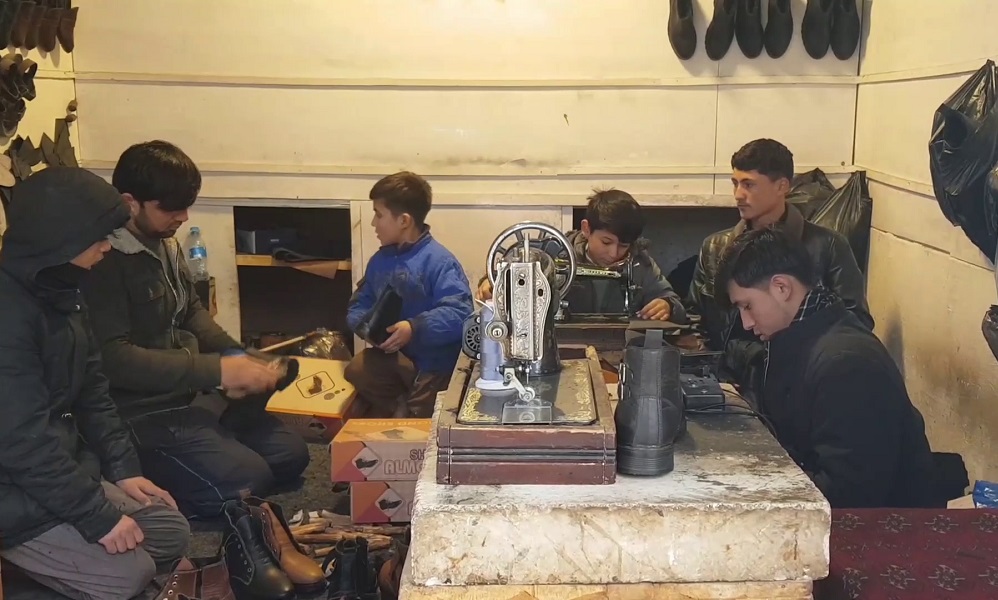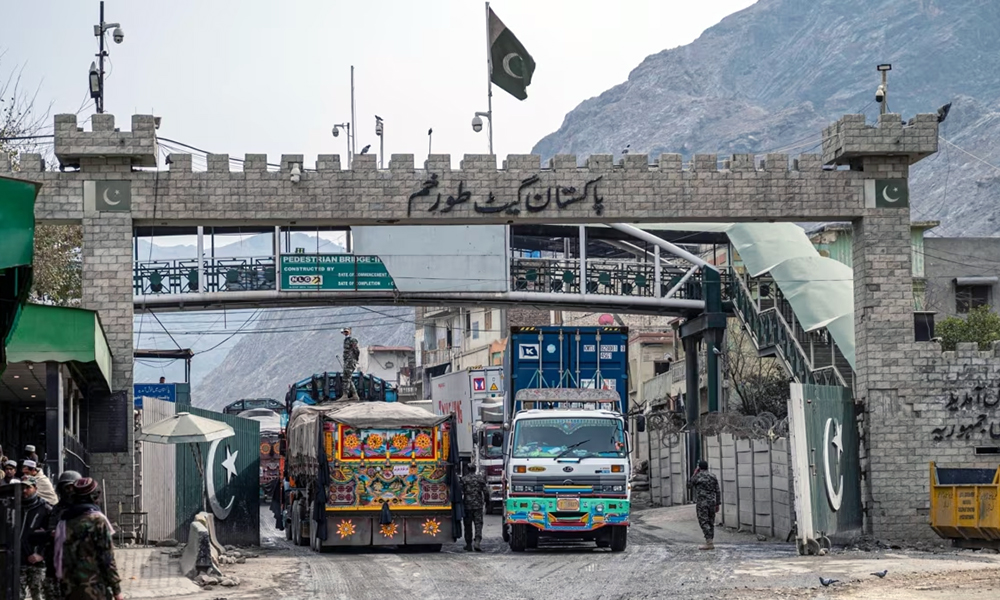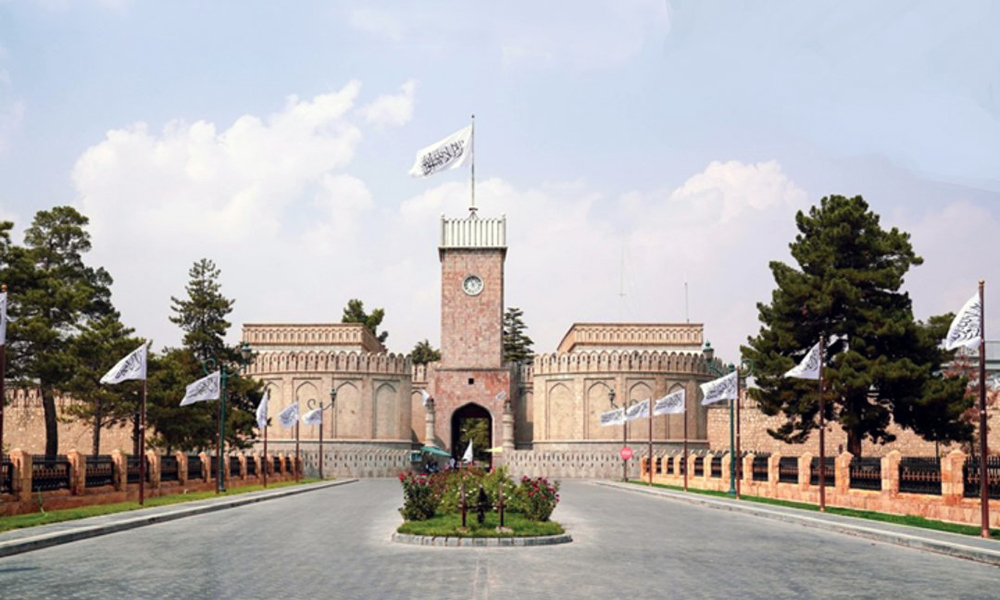Business
World Bee Day: Depending on the survival of bees

The UN General Assembly has designated May 20 as World Bee Day to raise awareness of the importance of bees, support for beekeeping and the effects of bee pollination on sustainable development of agriculture and food supply.
According to the UN, bees are under threat. Present species extinction rates are 100 to 1,000 times higher than normal due to human impacts.
Close to 35 percent of invertebrate pollinators, particularly bees and butterflies, and about 17 percent of vertebrate pollinators, such as bats, face extinction globally.
If this trend continues, nutritious crops, such as fruits, nuts and many vegetable crops will be substituted increasingly by staple crops like rice, corn and potatoes, eventually resulting in an imbalanced diet.
But government, farmers and ordinary citizens can play their part to make sure bees do not become extinct.
Individually people can plant a diverse set of native plants, which flower at different times of the year; buying raw honey from local farmers; buying products from sustainable agricultural practices; avoiding pesticides, fungicides or herbicides in our gardens; protect wild bee colonies when possible; make a bee water fountain by leaving a water bowl outside; and raising awareness by sharing this information within our communities and networks.
Beekeepers and farmers can also help by reducing, or changing the usage of pesticides; diversifying crops as much as possible, and/or planting attractive crops around the field.
Governments in turn can strengthen the participation of local communities in decision-making, in particular that of indigenous people, who know and respect ecosystems and biodiversity; enforcing strategic measures, including monetary incentives to help change; increasing collaboration between national and international organizations, organizations and academic and research networks to monitor and evaluate pollination services.
The number of beekeepers have meanwhile grown in Afghanistan over the past few years and today local honey production exceeds the two metric ton mark.
Akbar Rustami, director of information and spokesman for the Ministry of Agriculture, Irrigation and Livestock (MAIL), said recently that honey production reached 2,490 metric tons in Afghanistan last solar year.
According to Rustami, Paktia topped the list with 899 tons of honey, followed by Nangarhar with 500 tons and Khost with 416 tons, which are the most important honey producers in the country. Herat, Laghman, Badakhshan, Kunduz and Bamyan are also on the list of major honey producing provinces.
Rustami said recently that there are currently 6,757 large and small beekeeping farms across the country, most of them in Badghis, Herat, Badakhshan, Paktia, Kunduz, Daikundi, Bamyan, Logar, Sar-e-Pul, Farah, Maidan Wardak, Kapisa, Takhar, Baghlan and Khost provinces.
Rustami said that Badghis with 722, Herat with 593, Paktia with 550 and Badakhshan with 526 beekeeping farms are at the top of the beekeeping table.
Beekeeping is growing as a lucrative business and its products have a good domestic and foreign market.
One kilo of pure honey is sold in the domestic market from 500 to two thousand afghanis, depending on its type.
Meanwhile, the amount of honey production in 1398 had reached two thousand and one hundred tons, and this figure has increased by 390 tons in the past year.
Business
Shoemaking industry in Takhar province facing stagnation

A number of shoemakers in northern Takhar province say that while their handmade shoes are of better quality than imported shoes, but still sales are down.
According to them, there were more than 20 shoe-making shops in the past, but now some have been closed due to the decline in sales.
The shoemakers make most of their shoes from leather. A number of industrialists say that this industry is now facing stagnation.
Abdul Raqib, a shoemaking factor owner, said: “The government should support us. Currently, we import soles. It can be made with good quality in Afghanistan, and we could even compete against Turkish shoes.”
Meraj, another shoemaking factory owner, said: “Shoe sales were higher in the republic era. There were military shoes. Sales have declined now, but we still thank Allah.”
Shoemakers make these shoes with basic tools and by hand, with 5 to 8 people working in each shop.
Javed, a shoemaker, said: “Our sales are not so good. We can make any type of shoe or slipper. We want the government to support us.”
A number of Takhar residents say that domestically produced shoes are of high quality and with lower price compared to imported shoes, so people prefer domestic products to foreign products.
Mir Ata, a resident of Takhar, said: “We are very happy about domestic shoes. People should buy it. They are of good quality.”
However, the officials of Takhar Industry and Commerce Department say that they are committed to support the industrialists.
Abdul Rahman Ghaznawi, provincial director of industry and commerce, said: “People prefer domestic shoes and slippers. Takhar’s products are sold in Kunduz, Baghlan and Badakhshan as well.”
Meanwhile, industrialists say that if the government supports them, they will be able to make the best products and can be more competitive.
Business
Daily truck clearances at Torkham drop from 400-500 to 5-10

Pakistan’s Sarhad Chamber of Commerce and Industry (SCCI) has said that daily truck clearances at Torkham crossing have declined from 400-500 to 5-10.
SCCI President Fazal Muqeem Khan said this at the signing ceremony of a memorandum of understanding (MoU) with the Pakistan-Afghanistan Joint Chamber of Commerce and Industry to promote bilateral trade and cooperation.
He said the volume of trade between Pakistan and Afghanistan had fallen from $3 billion to $1 billion annually.
Fazal Muqeem also highlighted the adverse impact of the 2% Infrastructure Development Cess (IDC) imposed by the Khyber-Pakhtunkhwa government on trade and transit.
Business
Turkish scholars, charity officials assess investment prospects in Afghanistan
Officials pledged to encourage Turkish investors to explore and capitalize on investment opportunities in Afghanistan

Afghanistan’s Acting Minister of Energy and Water, Mullah Abdul Latif Mansoor, met with a delegation of Turkish scholars and officials from the Adif Charity Foundation on Tuesday to discuss various political, religious, and social issues.
According to the Ministry of Energy and Water, Mullah Mansoor praised Adif’s humanitarian efforts in Afghanistan and highlighted the country’s ample resources for energy production.
He emphasized that Afghanistan currently offers a favorable environment for investment in all sectors, assuring the Turkish delegation of the Islamic Emirate’s commitment to ensuring the safety and security of investors and their assets.
In response, Adif officials pledged to encourage Turkish investors to explore and capitalize on investment opportunities in Afghanistan, signaling a potential boost in economic and developmental cooperation between the two nations.
-

 Sport5 days ago
Sport5 days agoZimbabwe’s opening ODI against Afghanistan abandoned
-

 World4 days ago
World4 days agoNorth Korean troops suffer 100 deaths, struggling in drone warfare, South Korea says
-

 Latest News2 days ago
Latest News2 days agoAfghan men must stand with women to support viable future of country: US envoy
-

 Latest News4 days ago
Latest News4 days agoTwo horror accidents on Kabul-Kandahar highway leave 52 dead
-

 Sport3 days ago
Sport3 days agoAfghanistan crush Zimbabwe by 232 runs in second ODI
-

 Regional5 days ago
Regional5 days agoIran’s president to make rare visit to Egypt for D-8 summit
-

 International Sports4 days ago
International Sports4 days agoLanka T10: Kandy Bolts in at 4th spot in playoffs after thrilling day
-

 World5 days ago
World5 days agoNATO takes over coordination of military aid to Kyiv from US, source says
























